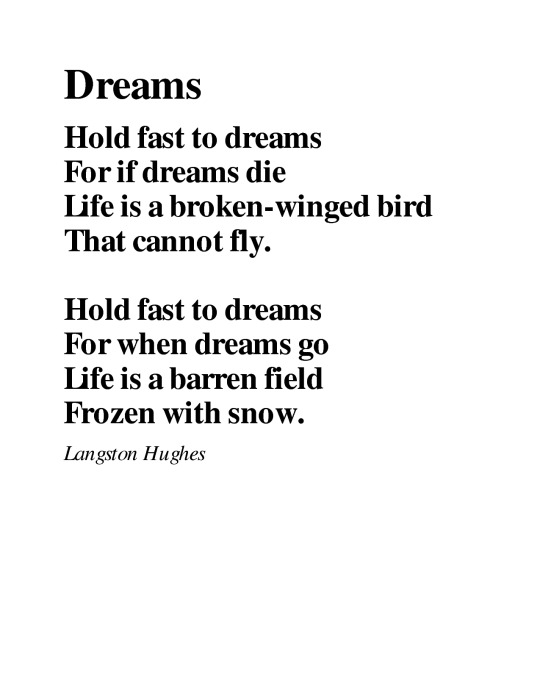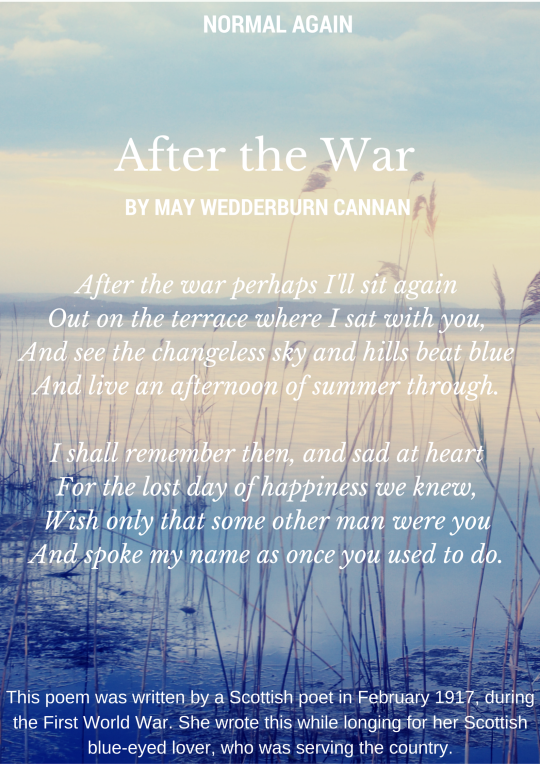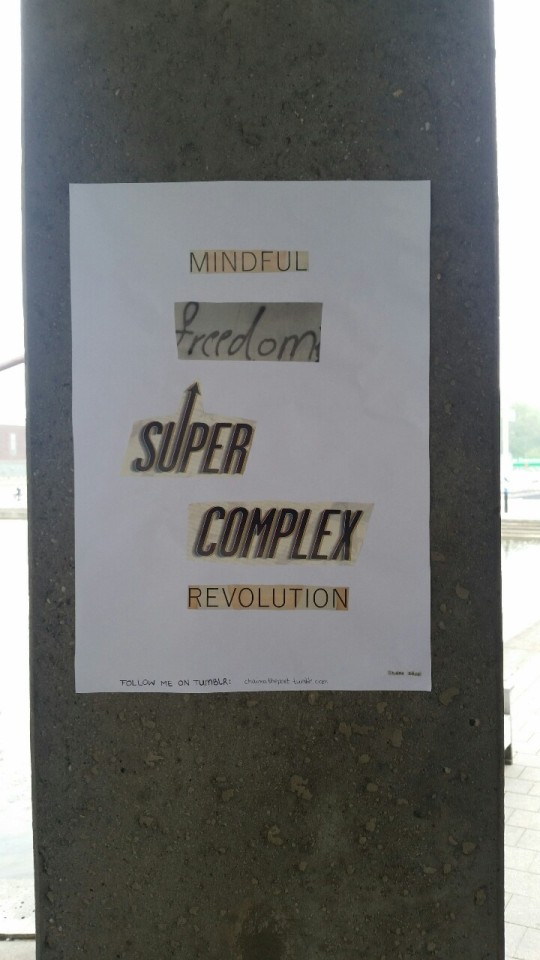Text
Prized Poetry
It is often thought by language teachers that their pupils view poetry as dull, boring and something for the elderly. They therefore dismiss even the thought of using poetry in their lessons, though it can be very interesting (Khatib, 2011). Contrary to popular belief, poetry is actually very popular amongst adolescents. Teachers may have to shy away from too much Shakespeare, but there are plenty of other great poets out there. Guaranteed that one more Middle English poem will not be missed. Poetry is a way for the pupils to get in touch with their creative side and explore the language and its possibilities. In this paper I would like to recommend the use of poetry in EFL classes.
Firstly, poetry is a great way to expose authentic English works to the pupils of EFL classes. They can learn lots from these linguistic models. The poetry shows foreign learners how to use the English language in a creative way, in addition to that poetry presents different sentence structures and unusual grammar and vocabulary. As Kellem said: “Among other reasons, poetry is a source of content-rich reading material; a model of creative language in use; a way to introduce vocabulary in context; and a way to focus students’ attention on English pronunciation, rhythm, and stress.” (Kellem, 2009)
Apart from exposing EFL pupils to authentic material, poetry also engages the pupils’ critical thinking and creative writing. Poetry is even a helpful way to promote pupils writing skills. By giving them assignments where they have to make a poem, the pupils will practice and better their writing skills. Since poetry is a form of art, and art has no rules, engaging in poetry should be easy and accessible for the pupils. There is really no right or wrong. That should give the pupils more confidence to experiment with the language more through poetry, resulting in them in improving their writing skills. Furthermore, poetry also contributes to better reading comprehension skills (Alagozlu, 2007).
In addition to that using poetry in EFL classes would encourage the pupils to engage more. Because it is a rather different form of teaching, a teacher would quickly have and hold the pupils’ attention. Pupils are excited about different work forms, especially of the involve creativity and allow the pupils their freedom. Even the very quiet pupils, will suddenly have their two cents to share – on paper. Something that is very close to many young people these days, is rap. Many youngsters enjoy, or at least know about, rap and are exposed to it daily. Rap is the closest form of poetry, though it actually is poetry, pupils have probably dealt with. And teachers ought to use this to their advantage. Using rap lyrics, or even song lyrics, in EFL classes, will benefit pupils immensely (Iida, 2012).
In short, teaching English with the use of poetry in EFL classes takes a little courage from the teachers. And a sufficient amount of creativity. But when implied, it will benefit the foreign learners immensely. That is why I would recommend the use of poetry in EFL classes, it exposes learners to authentic English works, improves their writing and reading comprehension skills and it engages the pupils in to new and exciting class activities. And who knows, there might be a Shakespeare in the making in of your classes.
References
Alagozlu, N. (2007). Critical thinking and voice in EFL writing. Asian EFL Journal, 118-136.
Iida, A. (2012). The value of poetry writing: Cross-genre literacy development in a second language. Scientific Study of Literature, 60-82.
Kellem, H. (2009). The Formeaning Response Approach: Poetry in the EFL Classroom. English Teaching Forum, 12-17.
Khatib, M. (2011). A New Approach to teaching English poetry to EFL Students. Journal of language teaching and research, 164-169.
1 note
·
View note
Photo

Poetry Lesson Plan
Lead in
First, I’ll have the pupils read the poem Dreams by Langston Hughes and I ask them to think about what they think the poem means. After giving them a minute to think about that, I have them discuss it in pairs. After that, I’ll ask a couple of pupils to tell to the class what they think the meaning behind the poem is.
Activity
Then I’ll hand out a piece of paper to the class. I ask them to make a spider’s diagram of what their dreams are. I let them do this by themselves for a couple of minutes. After they’ve made their diagrams, I ask them to look at them carefully and pick out the ones that are most important to them. They should pick between 5 and 7 items.
When they have chosen those items, I ask them make sentences, using those words. Those sentences can be made however they want to. For example, if a dream is to become a fire fighter, the sentence can be: I rescued the kitten out the tree, before the fire fighter was even there.
With those 5 to 7 sentences the pupils would have now, they have to make their own poem. The pupils are allowed to change the sentences, to scratch bits out, change the order, whatever they like. They have to be as creative as possible. The poem has to be about dreams. I’ll give the pupils pieces of paper to write their poems on.
Post activity
When all pupils are finished writing their poems, they have to fold the pieces of paper twice. I’ll go by each pupil and put their poem in a bag. Once I’ve got all the poems, I’ll stand in front of the class and will recite the pupils’ poems. The other pupils will have to guess what the dreams of the writers of the poems are. The writer has to remain silent and not give any hints or tips. Once it’s guessed, we’ll move on to a different poem. And so forth.
Materials needed:
Pieces of paper
Handout of Dreams by Langston Hughes
Pens
Bag
0 notes
Text
Like I love you
Shall I compare you to a bee?
Passing on life, though you’d never sting.
Shall I compare you to the sea?
Full of life, though you’d never kill.
Shall I compare you to me?
Loving life, though you’d never love anything like I love you.
3 notes
·
View notes
Photo

Tuesday afternoon
In front of the building
with the letters in the window
There is a lady in the back,
enjoying the fight,
which will be forgotten by
Tuesday evening
1 note
·
View note
Text
Put on some make up
Rip out some hairs
Even out some spots
Take off some clothes
Tuck in some rolls
You still don’t look pretty
0 notes
Photo

0 notes
Photo

1 note
·
View note
Text
Laughter
Laughter is sweet
Laughter is sweet, warming
Is sweet, warming, addicitve
Sweet, warming, addictive, healthy
Bliss
0 notes
Text
Leisure
William Henry Davies (1871 – 1940)
Adapted by Chaima Bakour.
What is this life, if full of care,
We have no time to stand and stare
No time to stand beneath the boughs
And stare as long as sheep or cows
No time to stand above the ground
And stare and look around
A poor life this is, if full of care,
We have no time to stand and stare.
0 notes
Text
I welcome you to my poem
I, Chaima,
Shoes, smile, short, funny
Sibling of Nadia
Lover of rest, family and food
Who feels excited, thankful and sometimes anxious
Who needs peace of mind, time and liking
Who fears death, failure and God
Who would like to see paradise, the world, my parents very happy
Am resident of Rotterdam
Welcome you to my poem
0 notes
Text
Dear me,
I’m sorry for not studying
that day
I’m sorry for not finishing
that assignment
You must be stressed
about it now
But also remember how
nice it was
to do nothing
0 notes
Text
Repair-guy
I accidently broke the shower.
Repair-guy comes tomorrow,
around 2 pm.
0 notes
Text
Peacefully
Or not
Everyone’s
Trying to
Ruin
You
0 notes